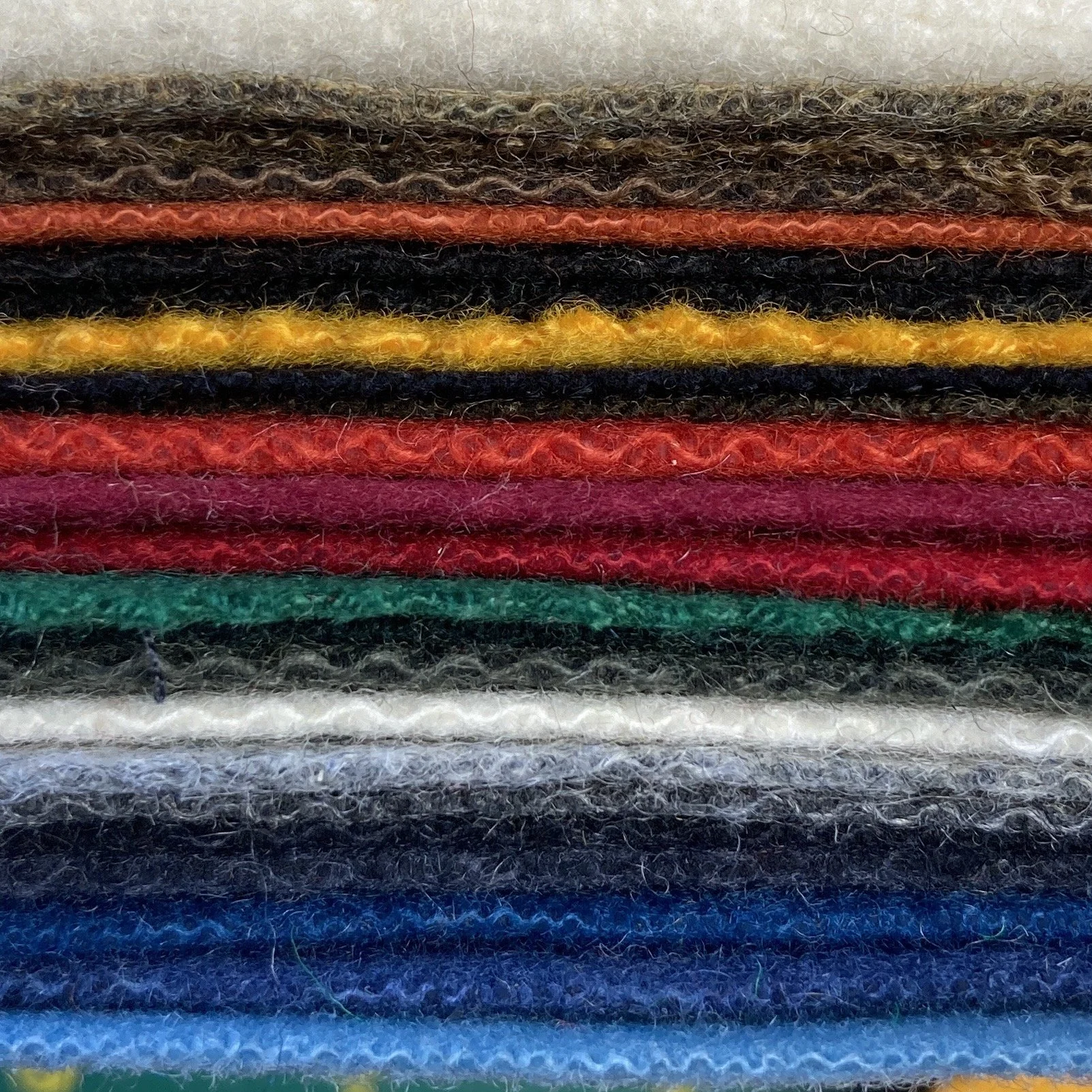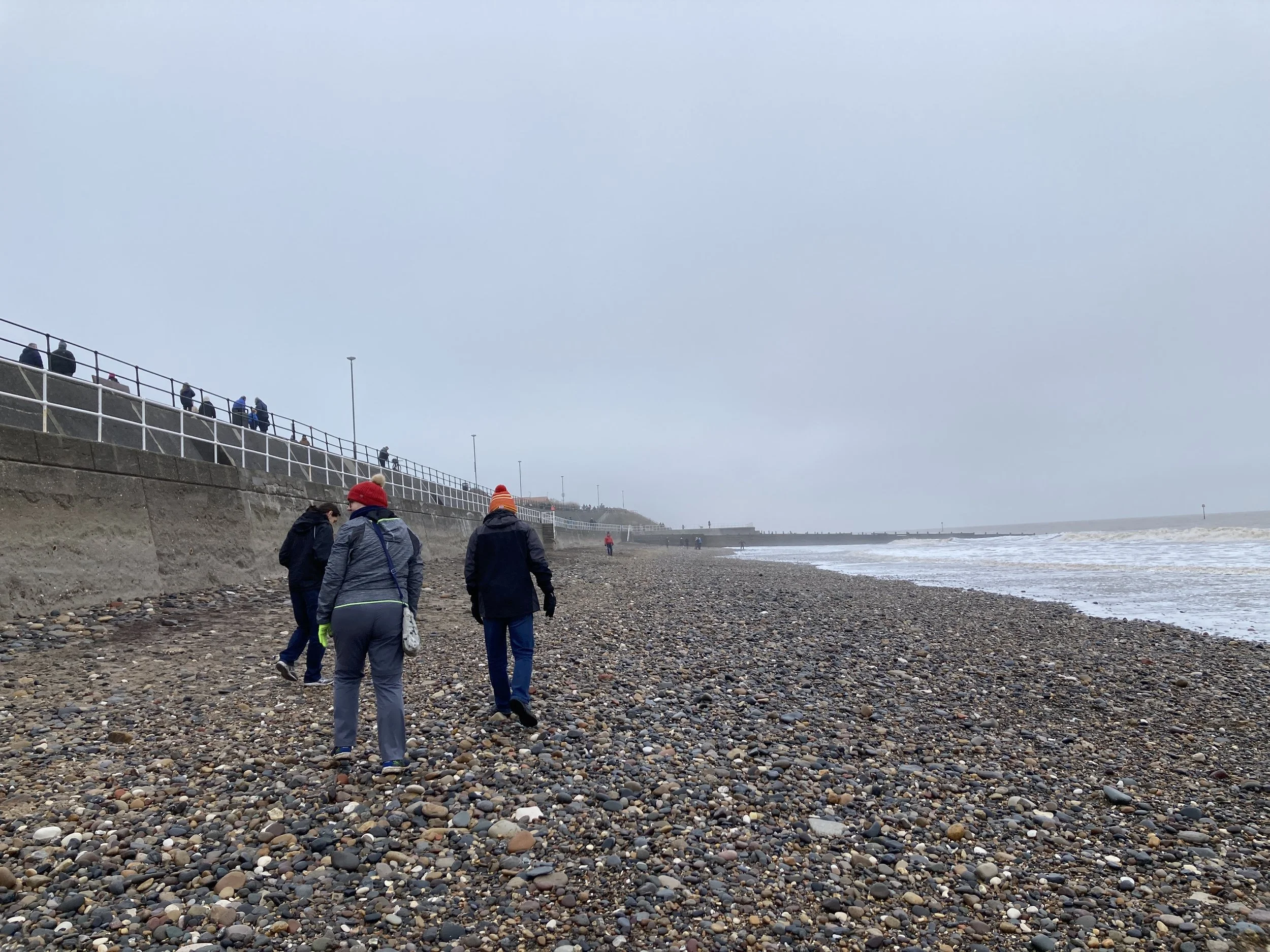'Ethical and Soulful'
FairTrade Cotton Production - Bio Farmer Agricultural Commodity and Service Cooperative, Kyrgyzstan Image: FairTrade Foundation Resources library
View is a magazine that provides forecasts and inspiration for the fashion industry. The magazine suggests themes, providing inspirational images, words and a colour palette allied to each theme. For our next Textile project we had to select a group of themes as the basis for our work. I chose the group that included Ethical and Soulful as one of the themes.
In this post I want to explore what ‘ethical’ means in the context of textiles and fashion. ‘Ethical fashion’ is a term that is used to describe practices within the fashion industry that conform to an agreed code of conduct. The fashion industry is a complex global enterprise with many stages, each of which may be viewed through an ethics lens.
At each stage in the process from the production of the raw materials to the sale and delivery of the item to the consumer there is a range of issues to consider, including:
Working conditions and exploitation of labour
Sustainability of raw materials
Environmental costs
Energy costs
Animal welfare
It is not difficult to think of examples of bad behaviour by the industry for each of these headings, but that would make for a very long blog post, so I am going to focus on the first issue – working conditions and exploitation of labour.
My earlier post, Kiss of Death , referred to the poor treatment of workers in the UK textile industry in the past, and the working conditions in British factories have improved, thanks to legislation. However improved conditions will be accompanied by a price increase. To keep costs, and prices, down the fashion industry moved production abroad to places where the rules were not so strict, and many people were happy to pay less for clothing and not worry about the workers.
It was probably the Rana Plaza building collapse in Bangladesh in 2013 that first made people aware of the poor working conditions for garment makers in many parts of the world. Whilst this incident shocked many at the time, did anything change? According to a report in The Conversation (Rhaman and Yadlapalli, 2021), while things have improved a little, there is still a long way to go in ensuring that the workplace is safe and the workers are paid a fair wage. Whilst the industry may speak warm words, ensuring that their promises to consumers are carried out would require far more monitoring than currently takes place.
The problem has not gone away in the UK either. An outbreak of Covid-19 infections in 2020 in Leicester was linked to the fashion industry there. It highlighted the poor working conditions in factories there, where workers were continuing to work through lockdown, in poor conditions and for less than the minimum wage. The fast fashion giant Boohoo is facing accusations of modern slavery (Fabris, 2020).
All is not doom, however and there are some bright lights out there. I have picked just four different organisations who are trying to ensure that ‘ethical fashion’ is not just a trend for a season, but is there for years to come.
The UK FairTrade Foundation is part of an international organisation “that aims to ensure a set of standards are met in the production and supply of a product or ingredient. For farmers and workers, Fairtrade means workers’ rights, safer working conditions and fairer pay.” FairTrade supports cotton farmers by paying a fair price for their cotton, and also ensures that the factories that process the cotton treat their workers fairly.
The pressure group, Labour Behind the Label is ‘a campaign that works to improve conditions and empower workers in the global garment industry.’ The group has been instrumental in raising the issues related to sweatshops in Leicester.
The UK employer, Community Clothing, is a social enterprise that aims ‘to sell great quality affordable clothing, and by doing so create great jobs and help restore economic prosperity in some of the UK’s most deprived areas.’ Founded by Patrick Grant to create employment in the some of the UK’s most deprived areas, which also happen to be in the regions that were traditionally at the heart of the textile industry.
And on the global stage, the Ethical Fashion Initiative “creates and strengthens social enterprises in emerging economies to connect discerning international brands in fashion, interiors and fine foods with talented local designers, artisans and micro-producers.”
30th January - an addendum
Today I discovered the fashion designer Osman Yousefzada through a Guardian review of his newly published book The Go-Between. Looking to find out more about this man I came across an article he wrote about a visit to Bangladesh to meet some of the workers who make our clothes (Yousefzada, 2020). HIs final paragraph struck home and I want to quote it here:
We owe it to the people who make our clothes to take a hard look at ourselves and our attitudes to creating, selling, buying and wearing fashion. How much could be solved by a closer human relationship with the makers of our clothes?
References
Fabris, B.L. (2020) Made in Britain: the Covid-19 outbreak in British sweatshops [Online] Available from: https://www.etui.org/news/made-britain-covid-19-outbreak-british-sweatshops (Accessed: 18 May 2022)
Shams Rhaman and Yadlapalli, A. (2021) Years after the Rana Plaza tragedy, Bangladesh’s garment workers are still bottom of the pile, The Conversation. [Online] Available from: https://theconversation.com/years-after-the-rana-plaza-tragedy-bangladeshs-garment-workers-are-still-bottom-of-the-pile-159224 (Accessed: 19 January 2022).
Yousefzada, Osman (2020) Fashion’s Darkest Truth Available from https://osmanstudio.com/Fashion-s-Darkest-Truth (accessed 30th January 2022)
Image supplied by the FairTrade Foundation Resources Library













